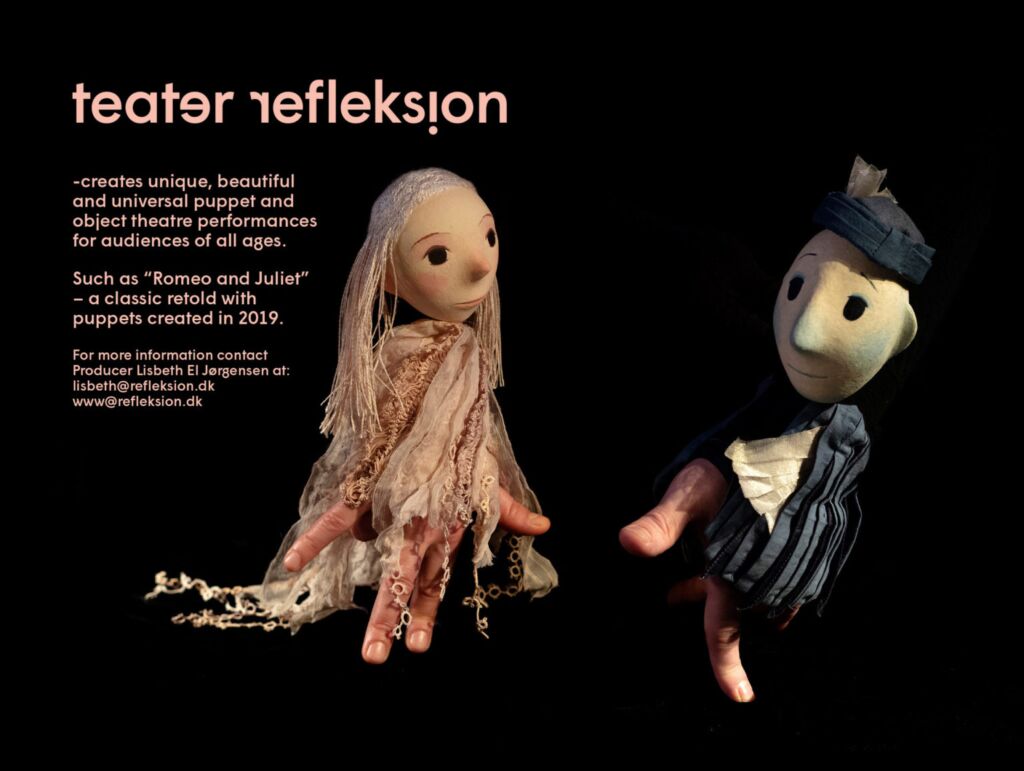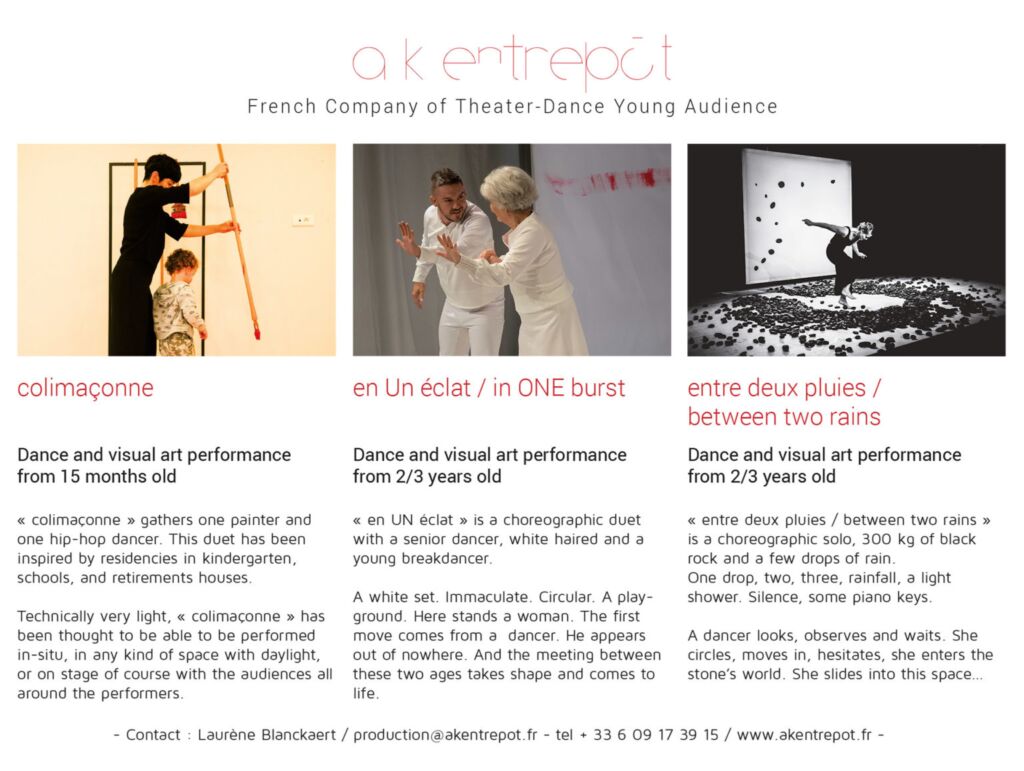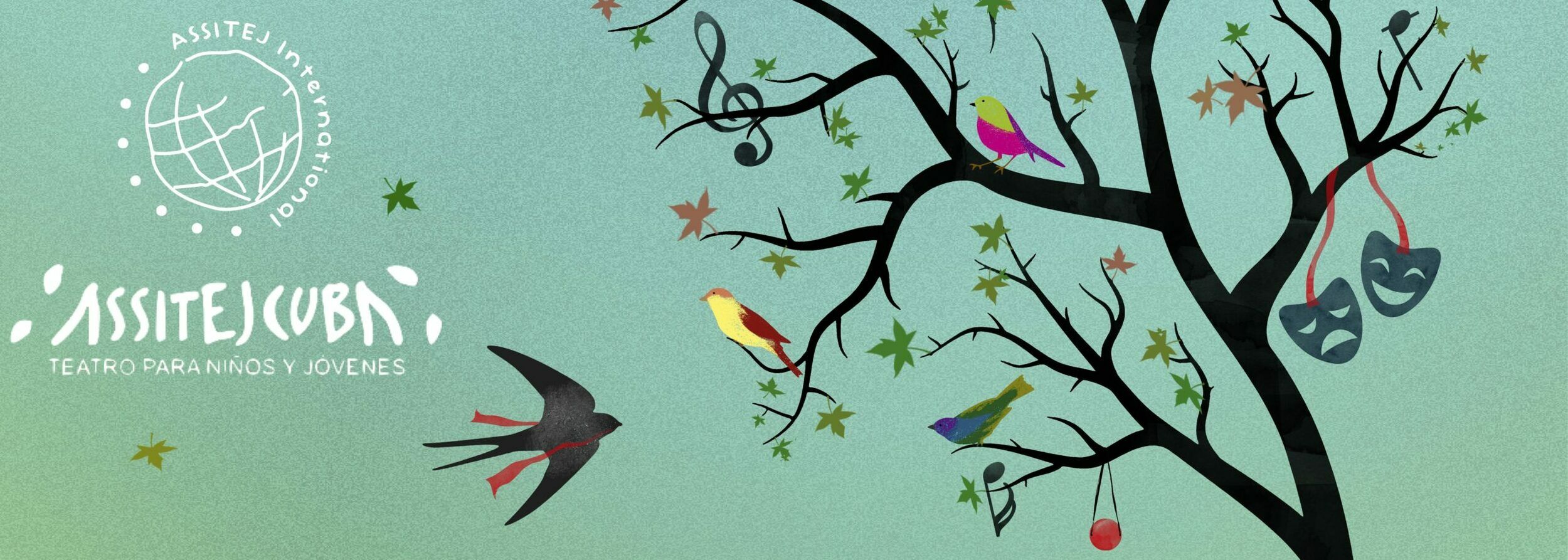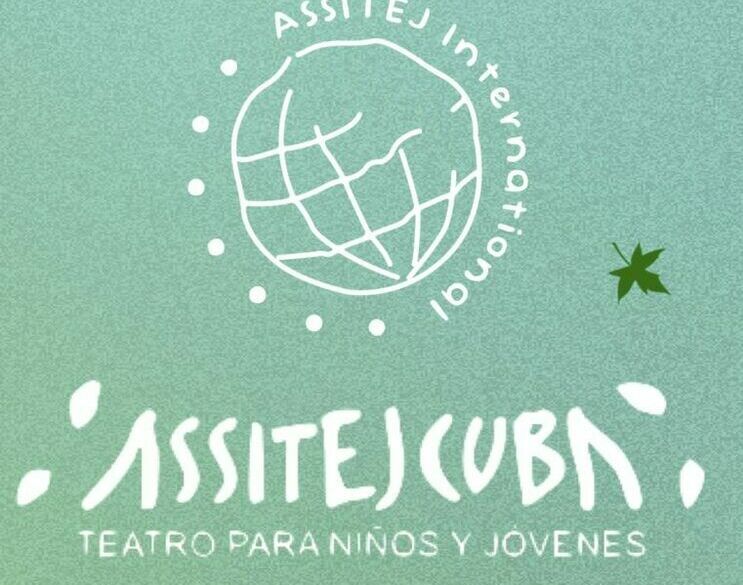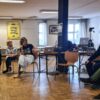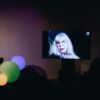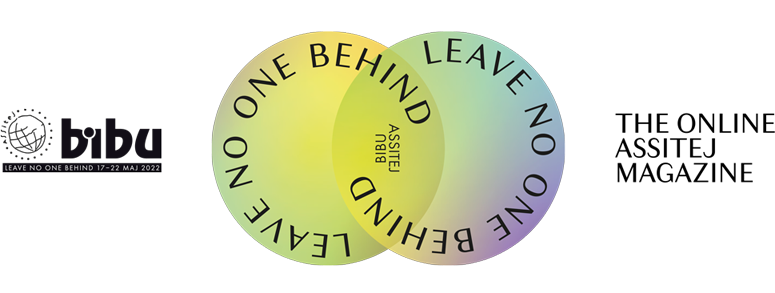An Interview with Beth Juncker
Interviewed by Manon van de Water (ASSITEJ EC)
In this article, I’d like to share my experience of programming and carrying out the first international online theatre festival for young people – “Better Than Us”, Russia. Its first edition took place in May, and the second in June of the challenging 2020.
“And I think, well, I will never thank Corona for anything. But maybe Corona has taught that Art and Culture are so central to our lives.”
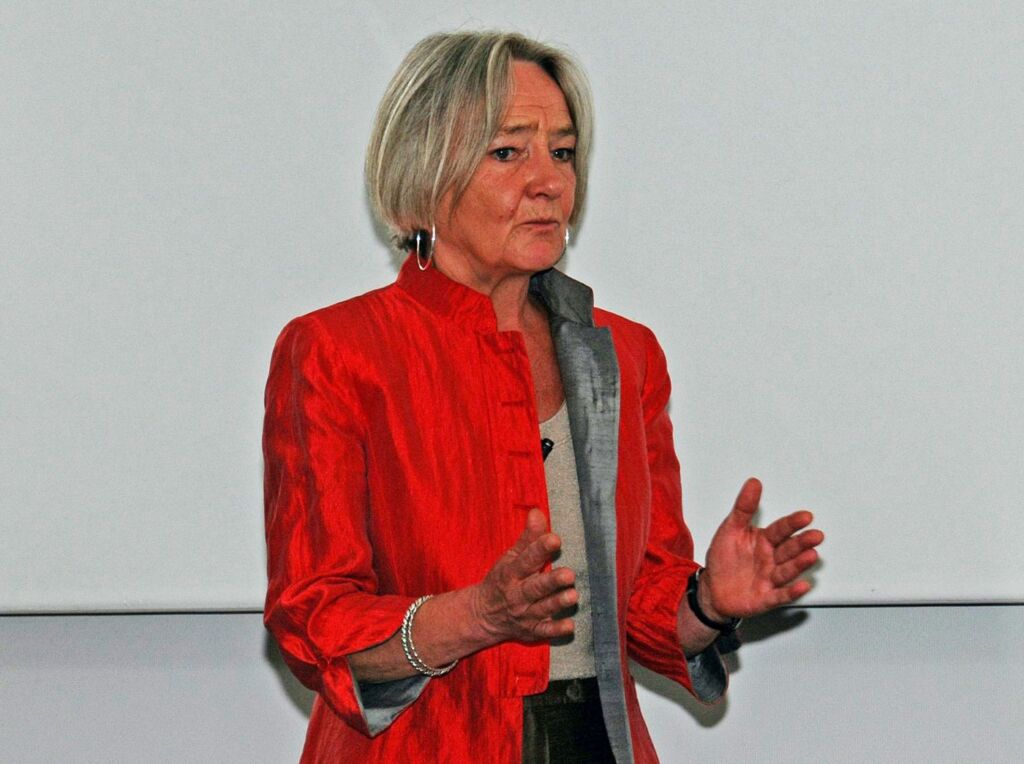
One of the biggest concerns with the pandemic is the loss of human interaction and the experience of the “liveness” of theatre. What changes have you observed in TYA and audience experiences during the pandemic?
Back then, nobody was doing international festivals online yet and it was very important for me that colleagues from ASSITEJ Russia and ASSITEJ International sI think that the world has turned 180 degrees since this pandemic started. If you’d have told children last year “oh you are not going to kindergarten, oh you are not going to school, today your teacher is sick” they would have said “yes, yes, yay, I’m free!”
Today they have been sent home, they’re sitting in their room, looking at a screen, and all of them, mostly all of them, say “we want to be in school, we want to be in kindergarten, we want to meet our friends face-to-face, we want to be together with our teachers.” So, the world really has turned upside down. They have found out that being together face-to-face experiencing things together in a community is central to their lives. And, you know, we all, adults, had the concern that they are spending so much time with their i-phones, with their screens, that they never go out, and why don’t they go out playing and so on, and so on. But today children themselves say “we are tired of the screen, we want to meet our friends face to face, we want to be together, we want to experience things together. So maybe, we didn’t have to be so anxious about the i-phone, the i-pad, the computer.
With the increasing offering of digital productions and activities, what is lost? What is gained? Are we facing trauma in the loss of human contact between artists and audiences?
I think the losses are bigger than what we gained. We know that being invited to a performance the center of the experience is that the communication the exchanges between the artist, the stage, and the audience is what brings the performance to live. Therefore, we also know that you can play the same performance one day, the next day it is still the same performance, but due to the audience it is another kind of performance. The special communication between artists and audience brings variations of life to the performance every time it’s played. And you can never replace this special liveness, this special communication, when we are there –stage, audience, face-to-face, together—because we also know that being an audience is a very special thing to be. You leave your social life for a while. You leave all that you have as difficulties, and then you’re invited to cultural life, and you are invited together with other people, with other children, and when you cross the border to cultural life, when you enter the theatre, you are transformed. From being yourself with all your difficulties you are placed in the community we call audience. And to be part of an audience is so special. You can never be part of an audience at a screen. At a screen you are sitting by yourself, you may be at a zoom, I can see you now, but you don’t have the intensity, the atmosphere, you cannot look around and see “wow, what is Bob saying” and “how does Lillian react,” it is something so different. The special, the center in theatre performances is to be an audience, and as being a part of an audience to bring the performance to live. You cannot do that with a screen.
You cannot experience theatre performances on a screen, it is impossible, it’s kind of a film. Of course, you can make some possibilities to participate, but the screen will always be kind of an obstacle.
Many theatre companies, also adult companies, are offering productions now through a screen . . .
If you are in a crisis, of course, you have to think with technology. You have to think what can we do with theatre. But you know, we do have so many obstacles, because theatre is so special and the center in experiencing theatre is this very special exchange between artists on stage and the audience. And I doubt that you can make that on the screen. Because having the screen, you are sitting home by yourself. And, of course, you can view with friends at home. But maybe you also go out make a cup of tea, look around, because you don’t have this intensity, this concentration, you have not been transformed from your home. That is really a problem.
Let’s move from the present to the future. What lasting effects will the pandemic have in our live interactions? The presence of masks, social distancing on and off-stage, interactive performances?
I think there is something to learn from this pandemic. Because, you know, just now here in Denmark, thirty-eight municipalities are closed down, they cannot anything: schools, kindergartens, theatres, sports facilities all closed down. I think we can, as kind of a pulse, use the screen, though we can never remediate theatre. And we have always known theatre; go back to ancient times theatre has always been there. With all its different possibilities. So, theatre will never die. But maybe we can learn and I would say let us attain to produce theatre performances for smaller audiences. In these quarantine times we were allowed to have 50 people with one-meter distance in a room and to the stage and you can go on with the performance. So maybe we really have to think if in the period of corona we have to learn something maybe we have to think performances for smaller audiences.
How about Theatre for Early Years?
Yes, you can never make theatre for really small children on a screen. It is not possible. Because they are using the whole body, you know, to just get into the room, to see, and be connected to parents, to pedagogues when experiencing this. So, in relation to really young children we have to think, because they depend on being physically there. You cannot use the screen.
What have we learned from the pandemic in regards to TYA, and what should we keep in mind as we move into the future?
We have learned that theatre is so important as theatre. And that theatre really has to be and continue to being theatre. It is live seeing, and we have learned what we didn’t always knew before that being live, being face-to-face, being part of an audience is more important than we ever have been thinking before.
And you know, we started to say in this country, this is a catastrophe we have to think of the economy and not culture and suddenly the people of this country said “Are you mad? We need culture. We need to come to theatres, we need to go to the movies, we need to be together.” So never ever in my life, have we had so many people from different social regions say “Culture is so important.” “Art is so important.” All of us working with art and culture knew it beforehand, but now big parts of the population say it. And I think, well, I will never thank Corona for anything. But maybe Corona has taught that Art and Culture are so central to our lives. Whoever we are: very small children, young children, very old adults.
About the Author
Beth Juncker (Mag. Art., Dr. Phil.) is Professor Emeritus at the Department of Communication, University of Copenhagen. Her research focus on the meaning of aesthetics in children’s everyday life. She has published numerous books and articles on expressive literacy, founded in play, developed through children’s meetings with theatre, film, literature and visual arts.
Advertisement
